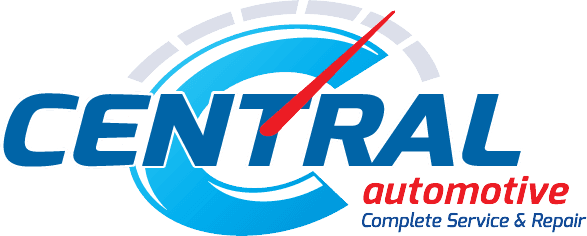Did you know that most of the cars driving around Kent WA carry more computer power than the Apollo 121 Lunar Module that landed on the moon in 1969?
New cars sold in the Auburn area have as many as twelve networked computers and over five miles (eight kilometers) of wiring. In fact, for the last decade or so, auto computers have been controlling about 85 percent of your vehicle’s functions.
Cars have sensors for manifold air temperature, coolant temperature, manifold air pressure, airflow, throttle position, vehicle speed and oxygen content. All of this electronic wizardry is pretty complicated. So how do you know when there is a problem?

It’s simple; the Check Engine light comes on. The computer monitors all the sensors and uses that information to decide what to adjust such as the fuel mix, spark timing and idle speed. In addition, the computer monitors its own circuits. When it finds a fault, it turns on the Check Engine light and stores a trouble code in the computer.
It can be pretty disturbing when the Check Engine light comes on. We wonder just how urgent it is. Generally speaking, it is not critical like a temperature or oil pressure light. When you get one of those it means STOP NOW! When the Check Engine light shows up, you should come in to our service center at Central Avenue Automotive to find out what the matter is as soon as possible.
Since 1996, there has been a strong emissions control component to the Check Engine diagnostic. But if your Check Engine light flashes on and off, you know that it is more urgent and you need to get it checked immediately to prevent damage. You should slow down and avoid towing or heavy loads until you can get it checked out.
Your technician at Central Avenue Automotive has special diagnostic equipment that will retrieve the trouble code from the computer and help him determine what is wrong. From there, we can fix it and get you back on the road.
Stop by if you’re check engine light is on.














